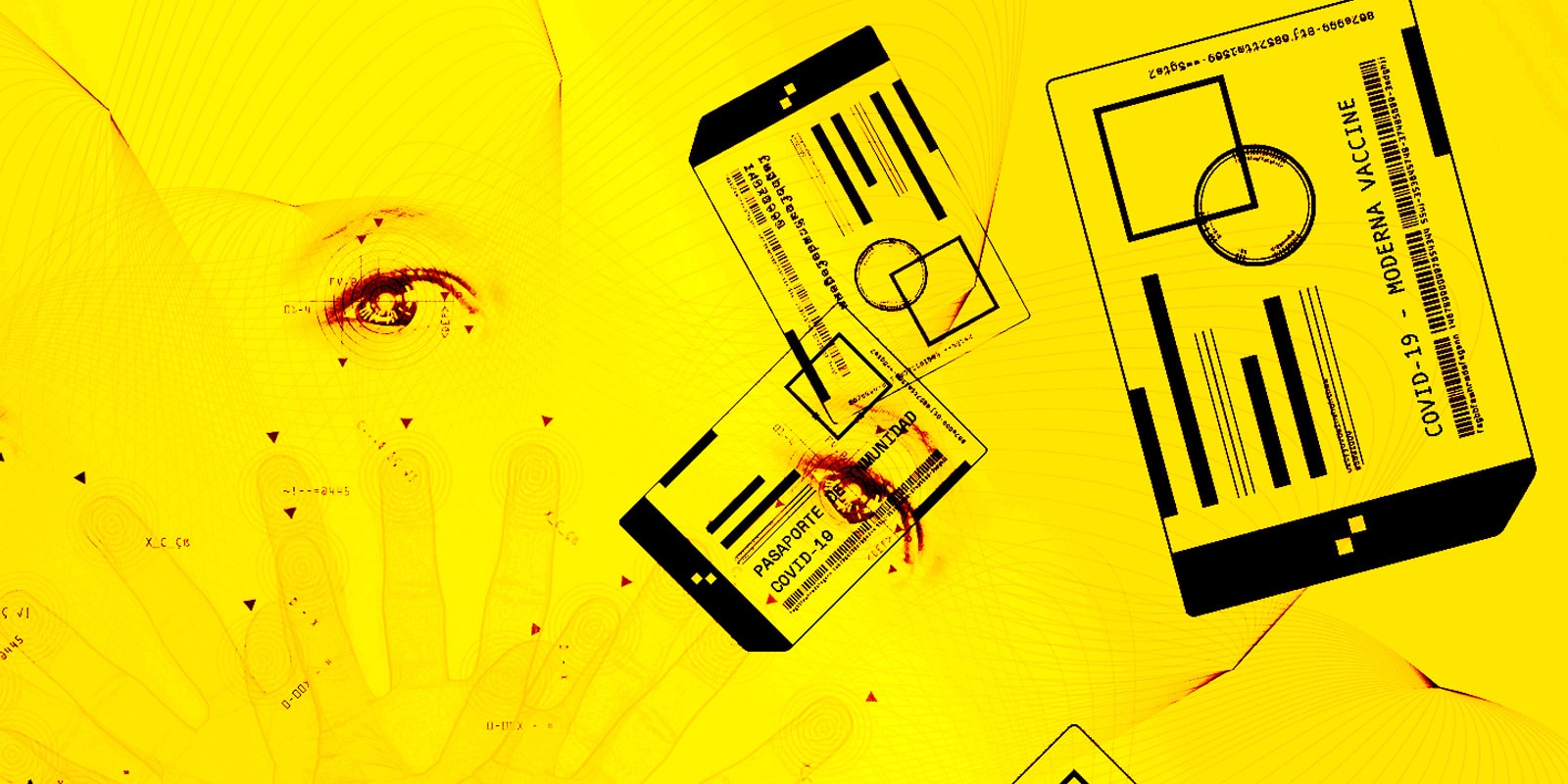Leer en español. People should not be forced to give away personal data to exercise their freedom of movement — but that’s exactly what’s playing out in Colombia with the contact-tracing CoronApp. As part of the fight against the app’s mandatory use, Access Now filed an amicus brief to the nation’s Constitutional Court on September 3, 2021, raising the risks of making the use of the contact tracing app mandatory.
“The Court’s ruling will be crucial because it concerns the safety of the plaintiffs and because it would be setting a precedent regarding the use of highly invasive privacy technologies by the public sector,” said Natalia Krapiva, Tech Legal Counsel at Access Now. “Making these apps mandatory is opposing basic human rights and data protection principles that don’t cease to exist due to the critical situation we are experiencing.”
The brief focuses on the impact of such technologies on human rights, the need for transparent development and enforcement, and the importance of protecting individuals’ health and location data. As highlighted in the document, it’s essential that law enforcement agencies obtain the free and informed consent of the users and provide an alternative to its use when it comes to access certain services.
In Colombia, the CoronApp has many functions: collecting user’s health data, contact tracing, and as a vaccine certificate. While public authorities and the developers reiterate that using the app is voluntary, many people have had no option but to download it. This was the case for Claudia Julieta Duque, Juanita Goebertus, Sol Marina de la Rosa, and Alejandra Martínez, when, on November 27, 2020, airport authorities repeatedly demanded they download and register the mobile app as a requirement for boarding their flights. They refused to comply with the imposition.
“COVID-19 apps have not only proved to be highly inefficient in meeting their objectives, but in the near future they could become dangerous surveillance tools,” said Gaspar Pisanu, Latam Policy Manager at Access Now. “Claudia Julieta Duque is a journalist persecuted by the state in the past, so asking her to use highly invasive privacy tools means putting her at risk,” he added.
Sigue las cuentas de Access Now para Latinoamérica:
